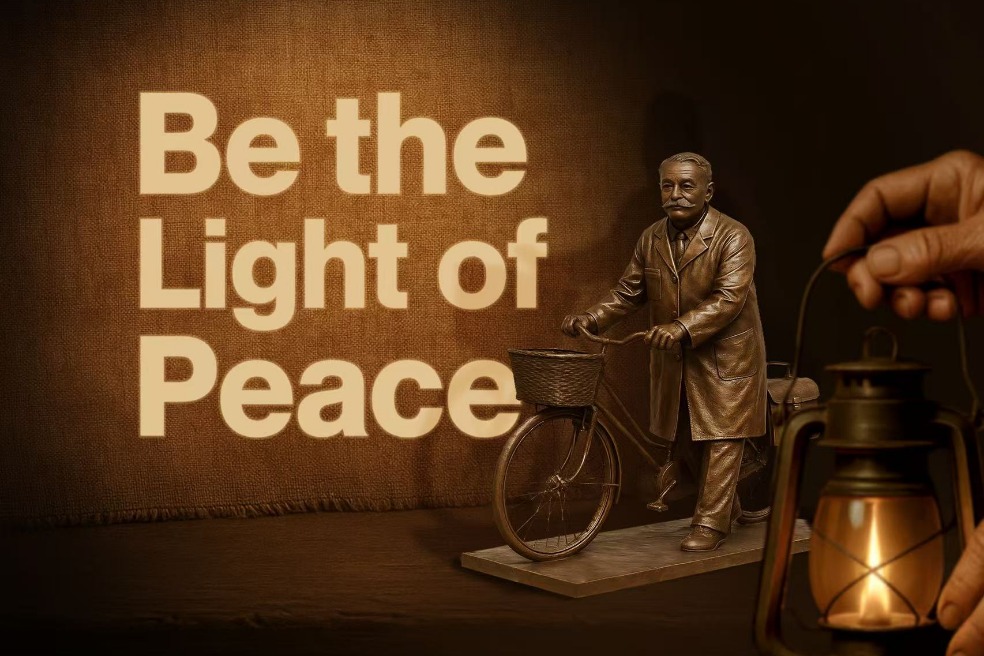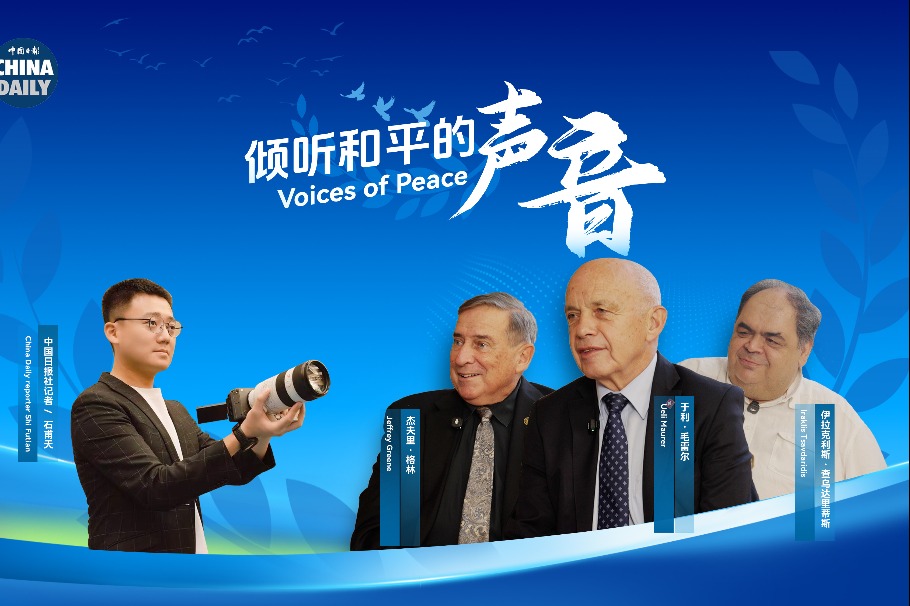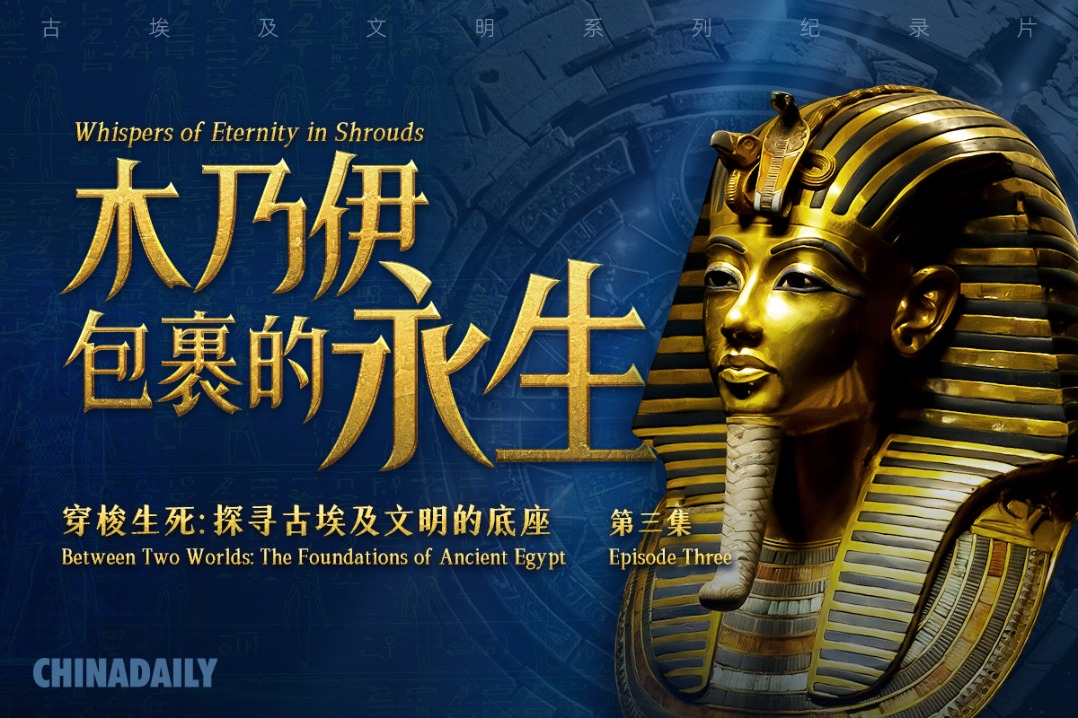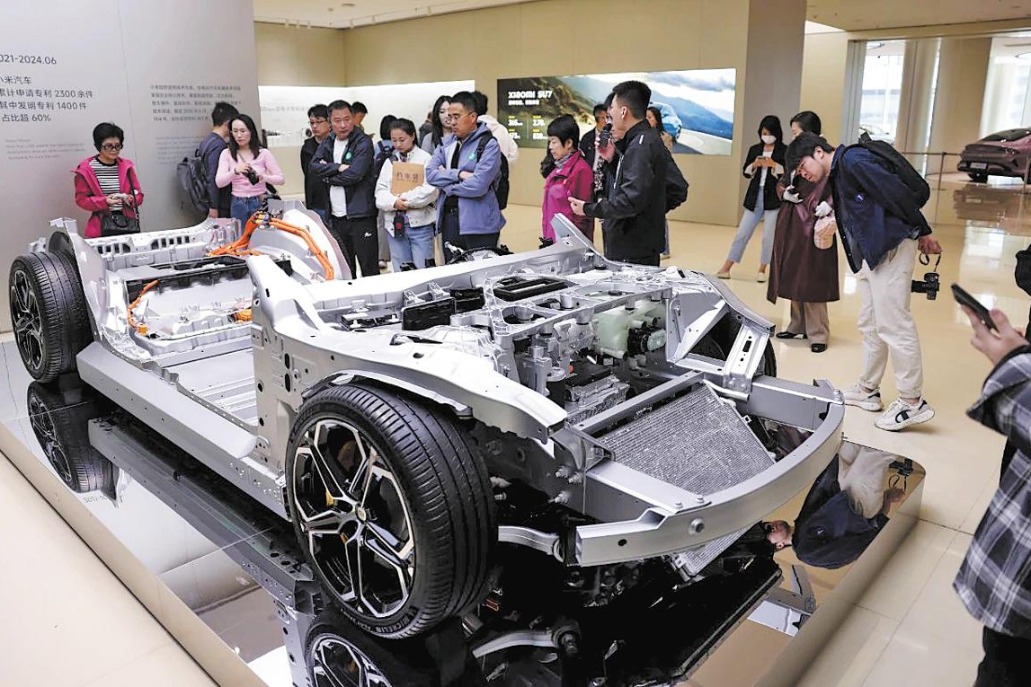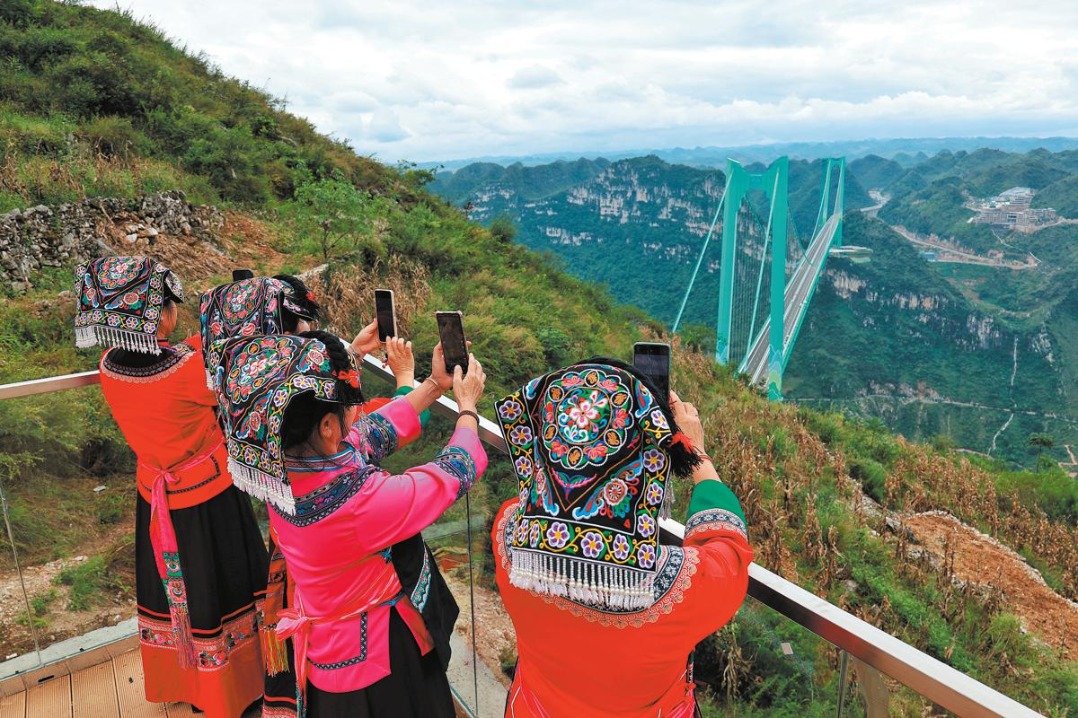In a multipolar world democracy is diverse


Democracy has been cherished worldwide for centuries. The practice of this sacrosanct shared human value varies in form and essence from country to country, depending on their respective culture, norms and history which help shape the mode of governance.
In this respect, the different levels of modernization and development, the stages of nation building and the history of nationhood across the developing and least-developed world stand out as the key parameters having a bearing on their diverse polity. This has consistently been the "blind spot" which the developed Western democracies have arrogantly turned a blind eye to. Perhaps from their perspective, the former colonies are nothing more than supplicants, making them easy targets for coercive imposition of Western-style democracy through "regime change", resource plundering and/or cultural subjugation.
On the other hand, China's narrative in support of diversity of democratic practice takes into consideration the nexus between the attainment of people's aspirations and the level of social development capable of supporting it. This is particularly pertinent in the case of the Global South where the relatively young nations, the former colonies of Western powers, have to prioritize the basic subsistence needs of the people vis-à-vis the ballot box that signifies the practice of Western electoral democracy.
Western-style democracy has been holding sway in much of the world for over seven decades since the end of World War II. Electoral democracy is widely touted as the West's creation and has ever since been made the "one-size-fits-all" benchmark for democracy worldwide, while the reality remains that it's no more than a fallacy from the Western perspective.
The coercive transplanting of electoral democracy, either through military intervention or brutal "regime change", as has been done by Washington in many developing countries, has only added to the list of failed states and ensuing humanitarian disasters. People's well-being and aspirations in the target states have never been the concerns of the US' agenda. The so-called people-elected governments installed in the "vassal states" are nothing more than mere pawns in the hands of the powerful foreign puppeteers.
While the US takes pride in its brand of electoral democracy, and make it a "common value" in rallying its allies against China, the pathetic scenes of drug abuse, the visual squalor posed by tens of thousands of homeless and destitute people, and the rampant looting of shops in the name of "zero dollar shopping" in some US cities have, however, presented to the world how dysfunctional the US-style democracy is.
Be that as it may, the bipartisan legislators on Capitol Hill seem unperturbed by this. Instead, they are still hell-bent on legislating laws targeting other countries deemed a potential threat to the US primacy. In this context, obviously Washington's interest in weaponizing the "long arm jurisdiction" to interfere in the domestic governance of other countries takes precedence over the livelihood of its own people, notably the destitute strata.
The concluding lines of the former US president Abraham Lincoln's Gettysburg Address, "government of the people, by the people, and for the people, shall not perish from the Earth", has long been cited as the essence of the US-style democracy. But never would he have anticipated that democracy could ever be weaponized against geopolitical challengers or potential adversaries in the global power play.
The contemporary crusaders of Western democracy have long claimed monopoly on the interpretation of democracy. Non-Western values and cultural norms which are alien to them, particularly those inherited from the ancient civilizations are simply labelled as anathema to democracy.
In this context, the value of "benevolence in state governance" as was propounded by Mencius (372-289 BC) during the Warring States Period (475-221 BC) speaks volumes of the relevance of people-centric governance in ancient China. This is manifested in Mencius' adage: "The subject predominates the state and the monarch" in the hierarchical significance of the "benevolent governance".
These pearls of wisdom now find resonance in China's whole-process people's democracy. Its philosophy may remain incomprehensible to the West, which is more obsessed with electioneering, populism and gerrymandering. Nonetheless, it's the relevance of people's participation and the end results of the governance that matter most in the practice of democracy.
As the global dynamics are now becoming increasingly multipolar, respect for diversity in democracy is a growing trend to reckon with. So long as global governance remains strait-jacketed by the Cold War mentality, the face-off between Western democracy and what the West perceives as "authoritarian" will continue to obscure the concerns and aspirations of the Global South. Nation states will then be left with only a binary choice — either to be seated at the table or to be on the menu, as was remarked by the US Secretary of State Anthony Blinken.
This hegemonic parlance is obviously at odds with the general tenor of the priorities of the Global South, if not the entire non-West. This is no longer a myth, much less a so-called Chinese spin as is commonly alleged by the "spin doctors" of the West. It's the new reality that Washington and its allies have to learn to live with. The rising concerns of the Global South may appear diverse, but never would they want to play to the hands of big powers' rivalry at the expense of their own interests.
The author is president of the Belt and Road Initiative Caucus for Asia Pacific. This is his speech at the recent third International Forum on Democracy: The Shared Human Values in Beijing.
The views don't necessarily reflect those of China Daily.
If you have a specific expertise, or would like to share your thought about our stories, then send us your writings at opinion@chinadaily.com.cn, and comment@chinadaily.com.cn.
















